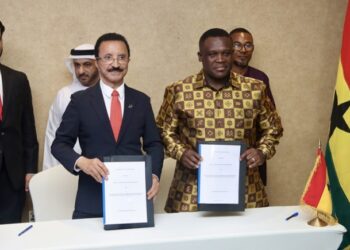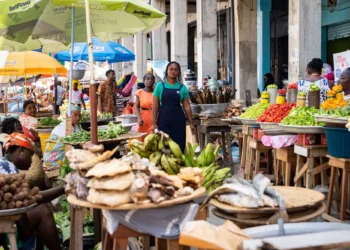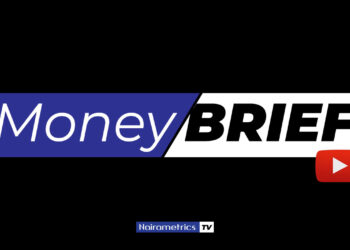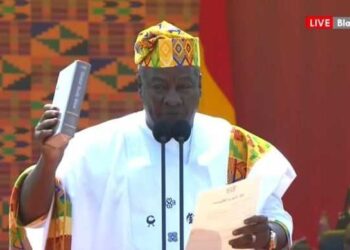Ghana is looking to borrow $400 million from cocoa traders to keep its cocoa industry running smoothly.
This move comes as the country’s government faces difficulties in obtaining its usual yearly loan from international banks, all while dealing with a debt restructuring.
According to Bloomberg, the Ghana Cocoa Board, also known as Cocobod, which serves as the regulatory body for the cocoa industry in Ghana, is seeking financial support from various traders such as Olam Group Ltd. and Barry Callebaut AG.
It is noted that the loan is intended for acquiring seedlings, chemicals, and fertilizers, as well as facilitating the procurement of cocoa beans directly from the farmers, basically, activities related to the upcoming cocoa production season in 2023-24.
According to undisclosed sources that spoke with Bloomberg, the Cocobod has managed to secure approximately half of the intended amount from the involved companies.
The loan is set at an interest rate of approximately 5%.
The Cocobod usually gets loans from investors at better rates than the government. Typically, they do this by meeting with investors between June and July, and they finalize the loan agreement in September before the new cocoa harvest starts in October.
However, this year, things have been more difficult because Ghana had to reorganize its debts, a necessary condition for accessing the $3 billion loan from the IMF this year.
The Cocobod also had to restructure its own 7.7 billion GHC debts, making it less attractive to investors.
What you should know
There has been a disruption in the cocoa value chain in Ghana due to insufficient funding. In the past, the Cocobod would finance the local buying companies (LBCs) to buy cocoa beans from farmers on its behalf.
However, due to the inability to access funding, the Cocobod has tapped foreign buyers to directly purchase cocoa from the farmers with their own funds which the board will pay back.
This new arrangement has forced many LBCs to shut down.
Irrespective of the challenges, Ghana is projected to produce 830,000 tons of cocoa in this new cocoa season, up from the decades-low 683,000 of the last season.
However, tight supply worries still plague the global cocoa industry.
























Poor management, corruption and indiscipline have become the trademark of African leaders that most of us appear to have come to expect such behaviors from them by default. The trend is always the same; a deeper look at the private lifestyles of these Ghanaian leaders would most likely reveal a life of luxury and wealth while the rest of the country is battling with the hardships unleashed on them by the poor decisions of these leaders in the past and present. Instead of doggedly pursuing and genuinely implementing policies to encourage hard work, creativity, enterprise and business investments as the path to personal and societal success and prosperity, these bands of selfish leader all over the continent have only managed to make politics and public service the surest path to personal wealth by feasting on the common wealth, siphoning resources meant for infrastructural development and turning the institutions that should challenge them into puppets.